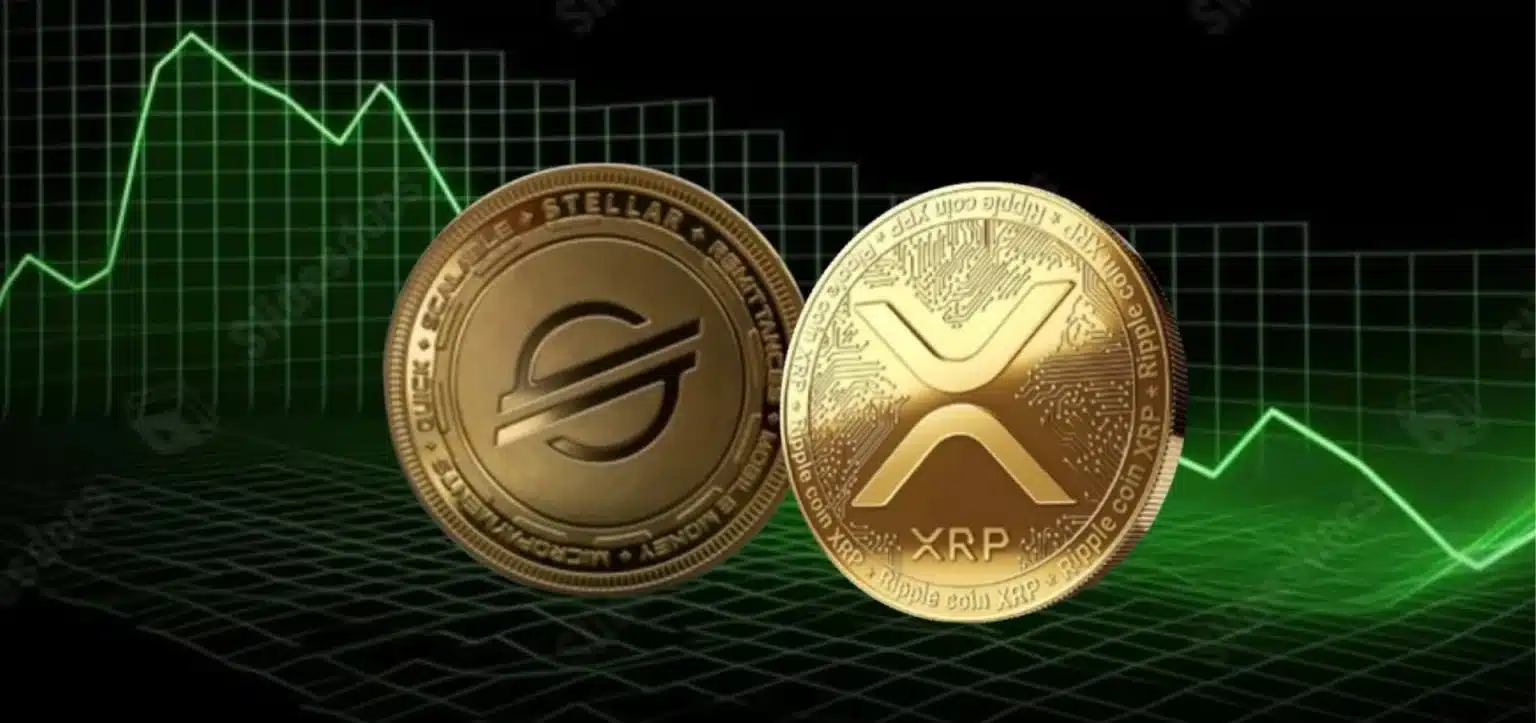- The Real Remi Relief claims the proposed “Genius Act” could link stablecoin use (like RLUSD, USDC, and HBAR’s coin) to purchases of U.S. debt.
- In this system, XRP would act as the bridge asset for stablecoin settlements.
- If U.S. debt-backed stablecoin adoption occurs, trillions in liquidity could flow into these networks.
Popular crypto commentator The Real Remi Relief has outlined a bold theory connecting the U.S. national debt, stablecoin adoption, and the future value of XRP, XLM, and HBAR.
In his latest statement, he claims the “Genius Act,” a policy framework for payment stablecoins, could accelerate mass adoption of digital assets tied to stablecoin infrastructure.
According to his interpretation, the act would encourage the use of stablecoins such as RLUSD, USDC, USAT, and HBAR’s yet-to-be-named stablecoin for everyday transactions. However, users would first have to “buy” U.S. debt in equivalent amounts to access and utilize these stablecoins.
“If you want $10,000 worth of RLUSD to use for quick, efficient transactions, you have to buy $10,000 worth of U.S. debt,” Remi explained. “It’s kicking the can down the road, but XRP, XLM, HBAR, and BTC holders will be extremely rich.”
XRP’s Role in the Stablecoin Ecosystem
Remi Relief emphasized that XRP will play a central role in this emerging financial structure. Every time RLUSD or another stablecoin is used for settlement, XRP would serve as a bridge asset to facilitate liquidity and conversion between different currencies.
Also Read: Pundit to XRP Holders: ‘Everything Happening Now Points to One Thing’
🚨XRP XLM HBAR And The Genius Act🚨
XRP has many different features but for this post we will just discuss its stablecoin association.
The USA is $37 Trillion in debt. So the Genius Act has been put in place to tackle this issue.
Stablecoins such as RLUSD USDC USAT and HBARs…
— The Real Remi Relief 🙏✝️💪 (@RemiReliefX) October 5, 2025
He added that for large-scale institutional transactions, stablecoins may not even be used — instead, XRP would handle the transaction directly due to its high throughput, speed, and cost efficiency.
“Every time RLUSD is used for a transaction, XRP is needed,” he said. “If the transaction is large, RLUSD won’t even be used — XRP will take over the whole transaction.”
$37 Trillion Debt Market Could Fuel Demand
The Real Remi Relief argues that if the U.S. government begins tying stablecoin issuance to national debt obligations, it could result in an enormous liquidity influx for networks that support cross-border settlement and tokenization.
He believes XRP, XLM, and HBAR — which he calls “the FedNow cryptos” — would be direct beneficiaries, potentially seeing their utility and demand soar as part of a new digital financial infrastructure.
“Imagine $37 trillion being ‘bought up’ this way,” he wrote. “We’re talking big numbers for XRP, XLM, and HBAR.”
Preparing for the Utility Phase
In closing, Remi advised investors to secure their digital assets in cold storage and prepare for the next phase of blockchain adoption, where real-world utility overtakes speculation.
“I think it’s in your best interest to secure your XRP, XLM, and HBAR,” he said. “Put them in a cold wallet and wait for the utility to kick in.”
His comments underscore a broader trend among digital asset analysts who view blockchain utility, tokenization, and institutional integration as the next catalysts for long-term growth in the crypto sector.
Ultimately, the concept highlights growing speculation around how stablecoins and digital assets could be woven into U.S. fiscal and monetary policy.
Also Read: Interesting Theory On How XRP Could Take Over Bitcoin
